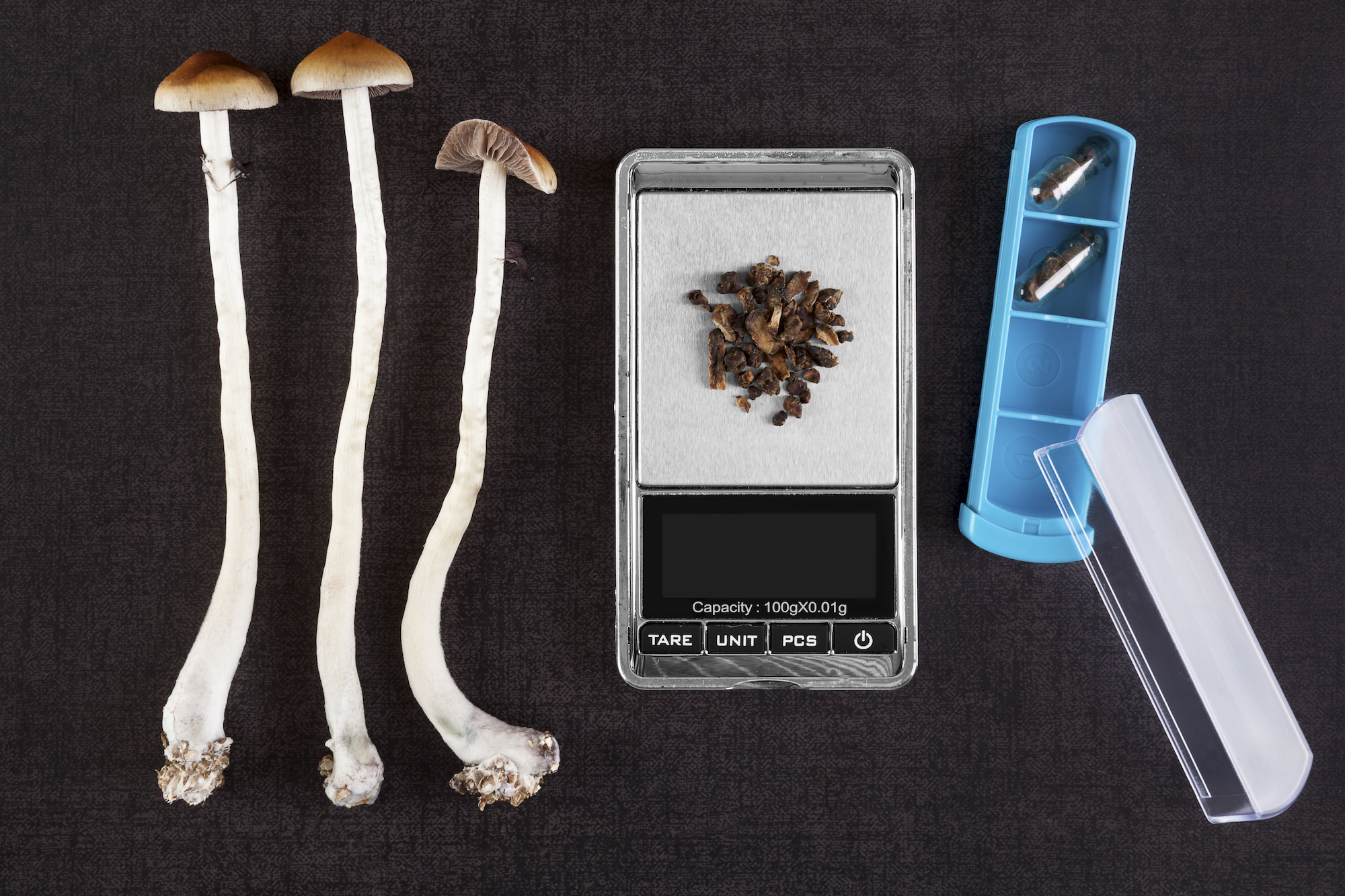A Melbourne Hospital Will Trial Magic Mushroom Therapy for Dying Patients

Credit to Author: Gavin Butler| Date: Wed, 16 Jan 2019 17:00:41 +0000
A medical trial will use magic mushrooms to treat end-of-life anxiety at Melbourne’s St Vincent’s Hospital this year. The controversial study has finally been approved by ethics committees and state and federal authorities, and will see a number of terminally ill patients being given a single dose of synthetic psilocybin—the psychoactive ingredient in mushrooms—under the supervision and guidance of psychiatrists to help them come to terms with their own mortality. Treatment of the first 30 patients is due to begin in April, NewsCorp reports.
Similar experiments in the United States regarding the efficacy of mushrooms in a palliative care context have yielded promising results. Studies at New York University and Johns Hopkins University found that terminally ill subjects who were exposed to a dose of psilocybin showed a significant and enduring reduction in anxiety, depression, and existential distress. In a follow-up assessment some six months after the treatment, 70 percent of the patients from the NYU trial later reflected on the psilocybin experience as one of the top five most spiritually significant experiences of their entire lives, while 87 percent reported increased life satisfaction overall.
“This is a completely different way of working with people,” Australian clinical psychologist Dr Stephen Bright told VICE last year, as part of an investigation into the therapeutic benefits of mushrooms for the terminally ill. “What we try to do in palliative care at the moment is to relieve the pain and suffering as much as possible by giving people pain medication. But morphine’s not going to take away their anxiety or their depression.”
Dr Bright explained that by disabling the “default mode network” of the brain—that is, the neural network associated with a person’s typical way of thinking—psilocybin can provide people with “a completely different perspective on their situation” and zoom in on thoughts or ideas that we typically repress or pass over.
Speaking to NewsCorp, St Vincent’s clinical psychologist Dr Margaret Ross said something to a similar effect. “The US study was really profound: some people were able to transcend their ideas about dying. It really relaxes those old rigid ways we have built up in the way we look at the world,” she explained. “They had remission of symptoms [of psychiatric distress]. It was rapid, it was dramatic, and it was beyond impressive, because it lasted for up to six months.”
“This could potentially help so many people,” she added, “but it needs more research, and we need to understand the exact mechanisms of how psilocybin helps people and how we can optimise treatment.”
Certain people have further suggested that palliative psilocybin could be used to help those who are actively seeking euthanasia, and prevent them from wanting to take their own lives. Psychiatrist Nigel Strauss, who has published a paper on the relationship between psilocybin-assisted psychotherapy and euthanasia told VICE that “hopefully a number of people who would have that treatment would then say ‘no, I can see what’s happening. I feel a lot better and more positive about it, and even though I am dying I don’t want to use euthanasia: I want to use the next couple of months to come to terms with everything and everybody.’
“By having the psilocybin experience they can see death in a whole different way and they’re much more comfortable with it.”
However, despite these advantages, St Vincent’s director of palliative medicine Associate Professor Mark Boughey is anticipating that “there will be some degree of backlash because everyone will assume this is just about magic mushrooms.
“But if you look at the studies,” he says, “it has minimal… serious adverse effects… [and] it has great potential.”
Follow Gavin on Twitter or Instagram
Sign up for our newsletter to get the best of VICE delivered to your inbox daily.
This article originally appeared on VICE AU.